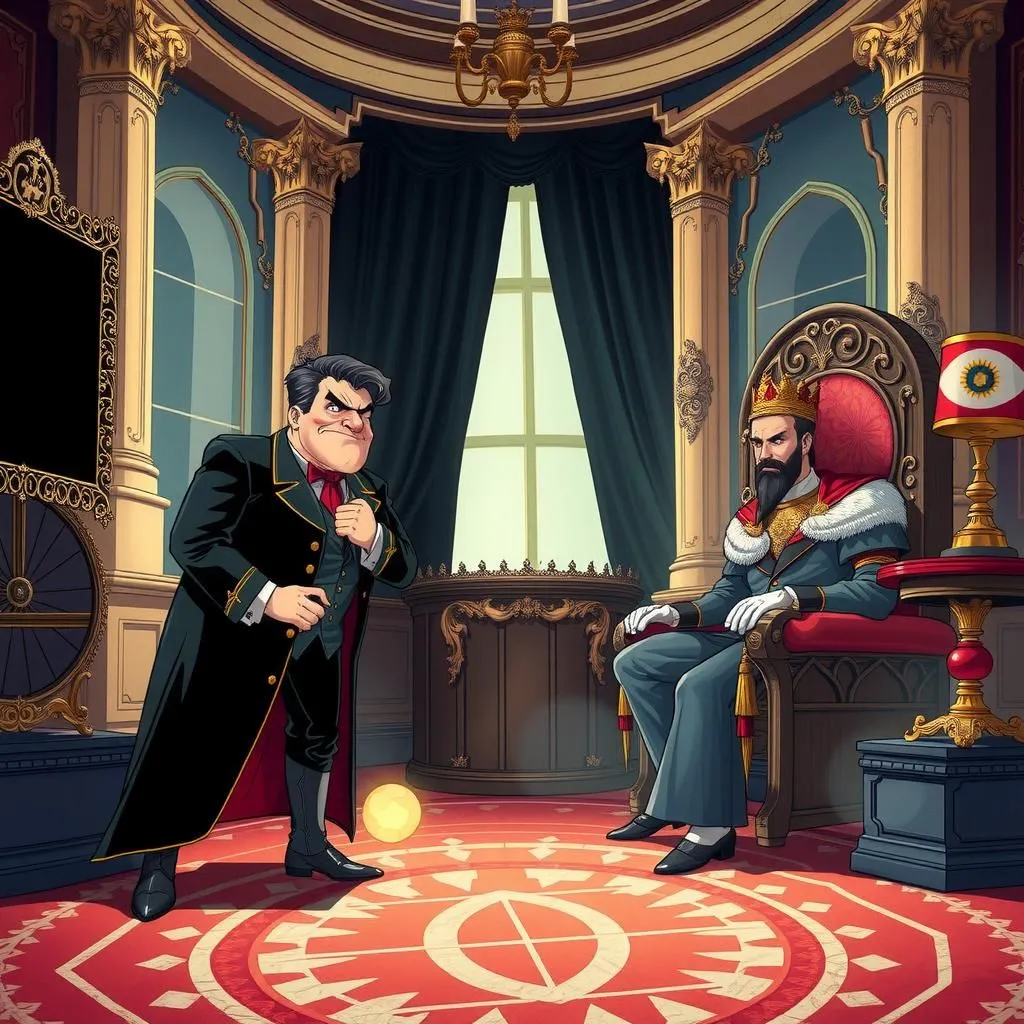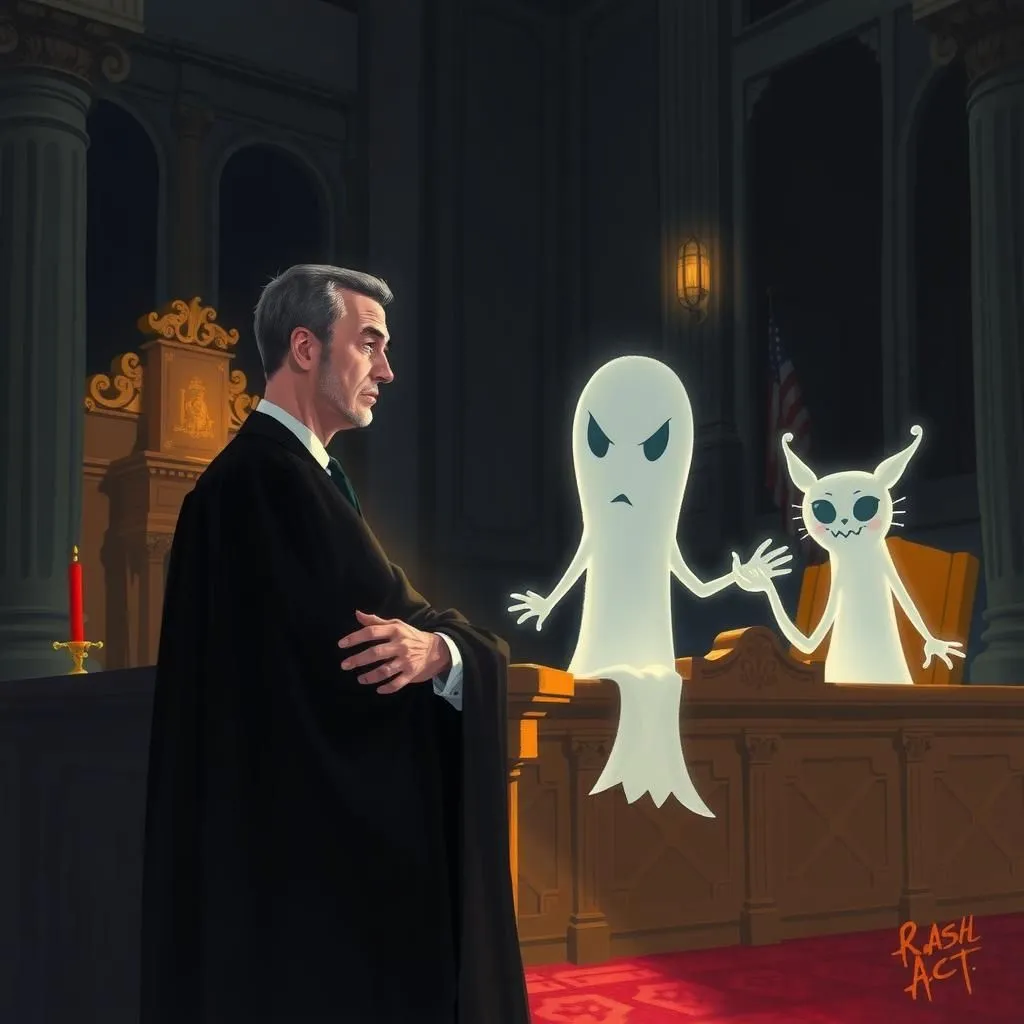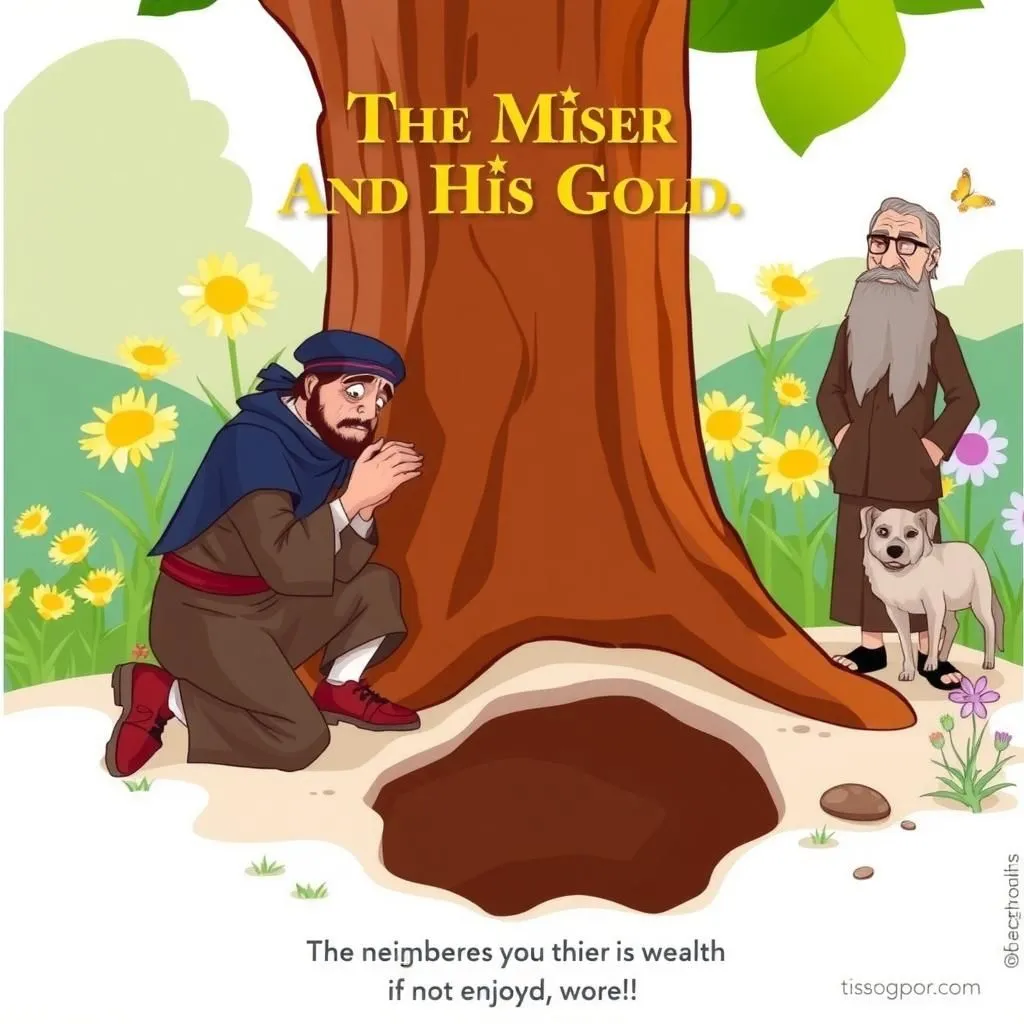
The Fisher
In this short story with moral, a Fisher uses his bagpipes in an attempt to attract fish, but initially fails until he captures them in a net. Once caught, the fish leap in response to his music, leading an old fish to remark that they only dance because they are now under the Fisher's control. This tale serves as a reminder of the power dynamics in folklore and moral stories, illustrating that when one is in another's power, compliance becomes necessary.


